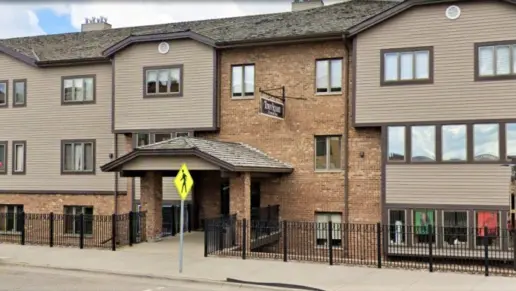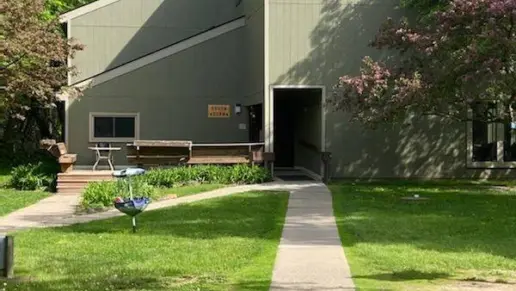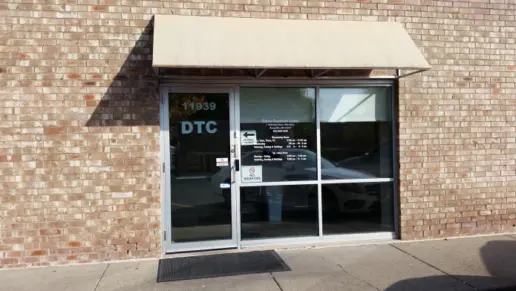This is the place where you will find people with such a kind heart that get worried and are always willing to help people with addiction problems. They are angels!
About Common Ground
Located in South Rochester, Minnesota, is the addiction treatment center, Common Ground. This is an organization that provides chemical use assessments, intensive outpatient care, interventions and family support programs. They work with adults, youth and families who have been impacted by substance use struggles.
Their Rochester office has a dedicated intensive outpatient program (IOP). There’s also a housing component that’s offered for both men and women. While living in these gender separated residential facilities, you receive supportive care through the intensive outpatient program.
Their approach to treatment is grounded in evidence based practices including counseling and skills building. Through this, you’ll build healthy habits to help guide your sobriety.
As you progress through the program you’ll get connected to different community resources including AA and NA meetings. Various recovery meetings and events that encourage sobriety are also available in the community. You’ll be informed of these meetings and events and will be encouraged to attend to continue building your recovery skills.
I value that there’s a strong focus on building a sense of community here, and you’ll connect with other recovering individuals in various stages of their recovery journey. You don’t feel isolated or alone as you receive services here, and the peer support you’ll find can be essential to helping you reach your recovery goals.
As an educator, I find their teen and youth programs to be incredibly valuable. At risk children and those who are already struggling with substance use are supported in full force. Teens get to connect with other children in recovery, and they’ll benefit from the supportive peer community they’ll find here.
Rehab Score
Other Forms of Payment
Medicaid is a state based program that helps lower-income individuals and families pay for healthcare. Medicaid covers addiction treatment so those enrolled can use their coverage to pay for rehab. When a program accepts Medicaid the client often pays very little or nothing out of their own pocket.
Private insurance refers to any kind of healthcare coverage that isn't from the state or federal government. This includes individual and family plans offered by an employer or purchased from the Insurance Marketplace. Every plan will have different requirements and out of pocket costs so be sure to get the full details before you start treatment.
Self-pay involves paying for treatment out of your own pocket. You can use savings or credit, get a personal loan, or receive help from family and friends to fund your treatment. If you don't have insurance or your insurance plan doesn't cover a specific program, self-pay can help ensure you still get the care you need.
Financial aid can take many forms. Centers may have grants or scholarships available to clients who meet eligibility requirements. Programs that receive SAMHSA grants may have financial aid available for those who need treatment as well. Grants and scholarships can help you pai for treatment without having to repay.
Military members, veterans, and eligible dependents have access to specific insurance programs that help them get the care they need. TRICARE and VA insurance can help you access low cost or no cost addiction and mental health treatment. Programs that accept military insurance often have targeted treatment focused on the unique challenges military members, veterans, and their families face.
Addiction Treatments
Levels of Care
Treatments
The goal of treatment for alcoholism is abstinence. Those with poor social support, poor motivation, or psychiatric disorders tend to relapse within a few years of treatment. For these people, success is measured by longer periods of abstinence, reduced use of alcohol, better health, and improved social functioning. Recovery and Maintenance are usually based on 12 step programs and AA meetings.
Drug addiction is defined as an inability to stop using drugs even though it causes negative consequences in your life. Drug rehab in Minnesota provides treatment for drug addiction in a variety of settings including inpatient treatment and outpatient treatment.
Many of those suffering from addiction also suffer from mental or emotional illnesses like schizophrenia, bipolar disorder, depression, or anxiety disorders. Rehab and other substance abuse facilities treating those with a dual diagnosis or co-occurring disorder administer psychiatric treatment to address the person's mental health issue in addition to drug and alcohol rehabilitation.
Opioid rehabs specialize in supporting those recovering from opioid addiction. They treat those suffering from addiction to illegal opioids like heroin, as well as prescription drugs like oxycodone. These centers typically combine both physical as well as mental and emotional support to help stop addiction. Physical support often includes medical detox and subsequent medical support (including medication), and mental support includes in-depth therapy to address the underlying causes of addiction.
Substance rehabs focus on helping individuals recover from substance abuse, including alcohol and drug addiction (both illegal and prescription drugs). They often include the opportunity to engage in both individual as well as group therapy.
Programs


Clinical Services
In individual therapy, a patient meets one-on-one with a trained psychologist or counselor. Therapy is a pivotal part of effective substance abuse treatment, as it often covers root causes of addiction, including challenges faced by the patient in their social, family, and work/school life.
Families in Minnesota use family therapy to understand the roles they play in addiction. Each member plays a role and contributes to a pattern of behavior. Families learn to interact in healthier ways that support each other and contribute to their loved one's journey to recovery.
Contact Information
2227 7th St NW
#100
Rochester, MN 55901


